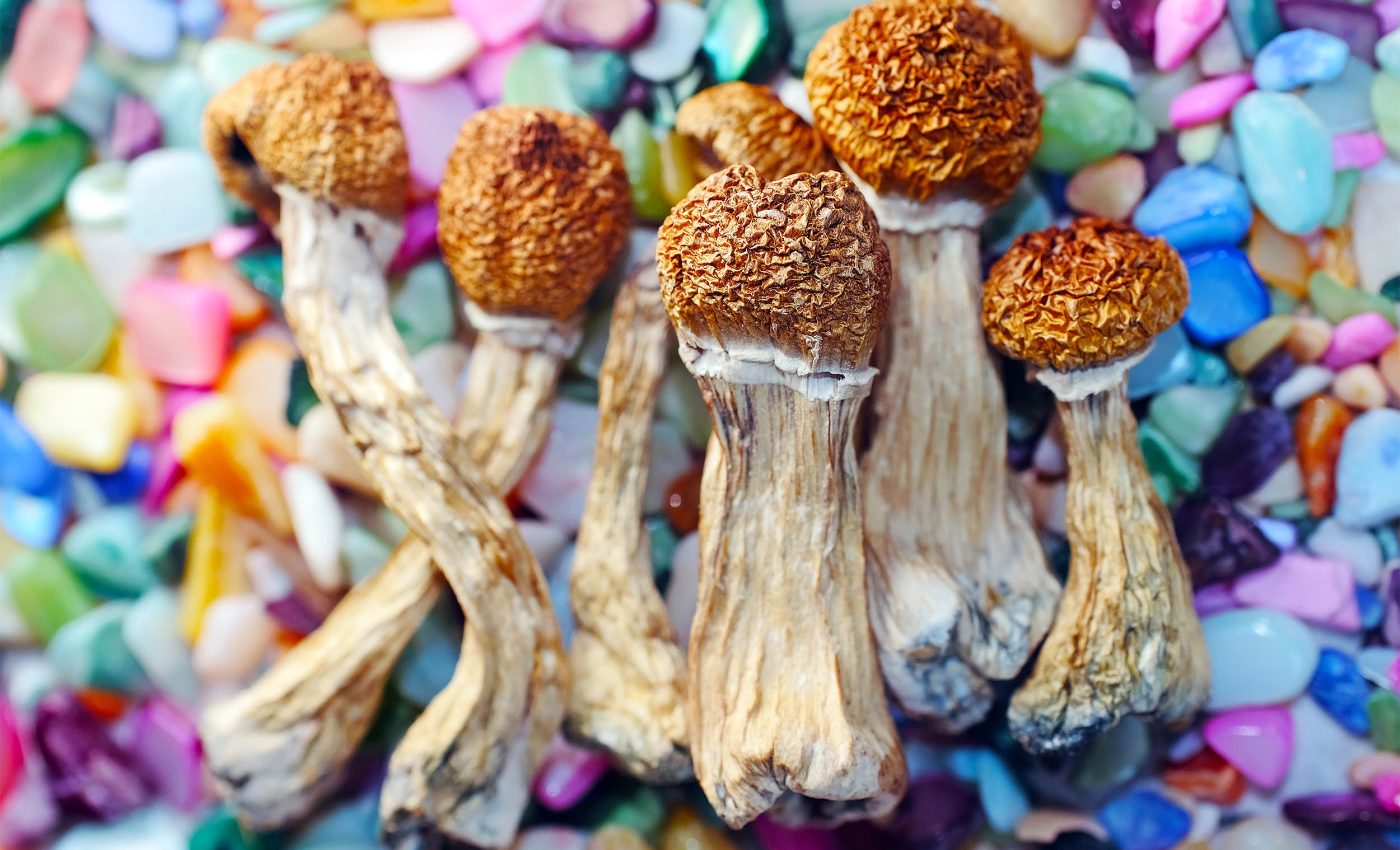
Study shows psilocybin from 'magic mushrooms' delays aging and significantly extends lifespan
Humans in all nations and culture chase youth. In 2024 alone, global spending on anti-aging products was roughly $74 billion. But what if the key to slower aging and longer life hides in psilocybin, the compound found in psychedelic mushrooms?
This sounds strange. Yet science now says it might be true.
Researchers at Emory University made a surprising discovery. They found that psilocin, a compound your body produces after eating psychedelic mushrooms, could actually slow down aging in cells.
Their study appeared in npj Aging, and the results stunned even the researchers.
Understanding psilocybin – the basics
After the body converts psilocybin into psilocin, it binds to serotonin receptors, altering perception, mood, and cognition.
Brain imaging shows that under psilocybin, rigid brain networks loosen their grip, allowing parts of the brain that don’t usually communicate to connect in unexpected ways.
This rewiring effect can temporarily dissolve the ego and create a sense of unity or interconnectedness, often described as a profound spiritual experience.
But the magic isn’t just in the moment – it’s in what comes after. Clinical studies show that a single guided psilocybin session can ease symptoms of depression, anxiety, and PTSD, sometimes with lasting effects.
Scientists believe this happens because psilocybin disrupts entrenched thought loops and gives people a window to view their life and habits from a new angle.
Combined with therapy, it can help someone reframe trauma or break out of destructive mental patterns.
How to study psilocybin and aging
The researchers grew human lung and skin cells and added psilocin. Normally, these cells grow old and stop dividing. But this time, something else happened.
At a lower dose, cells lived almost 30% longer. A higher dose pushed that to more than 50%. The cells stayed active. They kept dividing far longer. They showed fewer signs of stress and less damage.
The treated cells had more sirtuin1, a protein that helps cells survive stress. They also showed less DNA damage. And there was another surprise – these cells kept their telomeres intact.
Telomeres protect DNA from damage. As people grow older, telomeres shrink, leading to age-related diseases. In this study, psilocin stopped that shrinkage.
Mice lived longer with psilocybin
For years, scientists tossed around the “psilocybin-telomere hypothesis.” They suspected psychedelics could help protect telomeres and slow aging. But no one had ever proved it. Until now.
This wasn’t just a lab trick. The team also tested psilocybin in aging mice, equal in age to 60 to 65-year-old humans. First, the mice got a low dose of psilocybin. Then they received higher doses once a month for ten months.
They waited and watched. The outcome was hard to ignore. About 80% of the treated mice survived the entire study. In the untreated group, only half survived.
The treated mice also looked healthier. They had better fur, fewer white hairs, and even some new hair growth.
How cells stay younger
Psilocybin activates serotonin receptors. These receptors are not just in the brain – they are everywhere in the body. They exist in the heart, lungs, skin, immune cells, and more.
In this study, psilocin boosted sirtuin1 in cells. This protein helps the body manage oxidative stress. Less stress meant cells stayed younger for longer.
The researchers now believe psilocybin touches many aging pathways. It protects DNA, lowers stress, preserves telomeres, and may slow aging itself.
Psilocybin may improve aging even later
“Most cells in the body express serotonin receptors, and this study opens a new frontier for how psilocybin could influence systemic aging processes, particularly when administered later in life,” said study co-author Dr. Louise Hecker.
Her words say it all: this isn’t just about mental health anymore.
“Our study opens new questions about what long-term treatments can do. Additionally, even when the intervention is initiated late in life in mice, it still leads to improved survival, which is clinically relevant in healthy aging,” Hecker said.
The message is clear: it’s never too late to change how we age.
A better way to age
This discovery comes at a crucial time. A recent report showed that life expectancy in the United States still falls behind other countries. Americans not only live shorter lives but also struggle with quality in later years.
“This study provides strong preclinical evidence that psilocybin may contribute to healthier aging, not just a longer lifespan, but a better quality of life in later years,” says study co-author Dr. Ali John Zarrabi.
Zarrabi worries about extending life without improving well-being. He doesn’t want people trapped in bodies that no longer work.
“As a palliative care physician-scientist, one of my biggest concerns is prolonging life at the cost of dignity and function. But these mice weren’t just surviving longer. They experienced better aging,” said Zarrabi.
His words strike a deep chord. Aging isn’t only about years.
Just the beginning for psilocybin
The researchers know their work is just beginning. They must study psilocybin in humans. They need to find the safest doses and study long-term effects.
There are hurdles. Psilocybin is a controlled substance. Getting approval and funding takes effort. But many researchers remain hopeful.
Psilocybin already holds FDA “breakthrough therapy” status for depression. This could help speed up future research on aging.
A psychedelic drug helping people live longer might sound strange. But science rarely cares about what sounds strange. It cares about results. And right now, psilocybin’s results are impossible to ignore.
The study is published in the journal npj Aging.
—–
Like what you read? Subscribe to our newsletter for engaging articles, exclusive content, and the latest updates.
Check us out on EarthSnap, a free app brought to you by Eric Ralls and Earth.com.
—–













